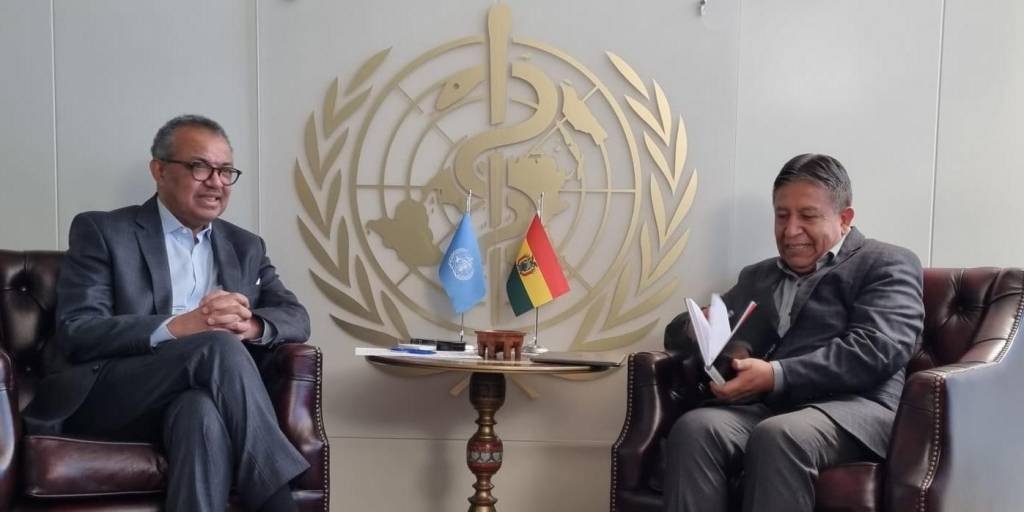Traditionally used by indigenous communities in several South American countries for its stimulating effects and as part of their culture, the coca leaf is currently classified under Schedule IV of the 1961 Single Convention on Narcotic Drugs.
This classification implies a high potential for abuse and no accepted medical use, hence attracting stringent international control measures.
The WHO’s decision to review the coca leaf constitutes a significant step in the international context, as a reevaluation could lead to a change in its classification and related international policies concerning its use and regulation.
Such a change could have far-reaching effects, potentially decriminalizing its traditional use, promoting research into its medicinal properties, and altering the dynamics of the global war on drugs.
In other news, on November 28, authorities in the border municipality of San Matías, Santa Cruz, handed over Igor Oliveira, a leader of the First Capital Command (PCC), a Brazilian criminal organization, to Brazilian officials.
An operation discovered liquid cocaine, 4,000 liters of gasoline, and 100 bundles of coca leaves. Bolivia’s laws do not recognize lynching, a practice often used in the name of ‘community justice’.
Finally, Verónica Navia, the Minister of Labor, has announced that the Christmas bonus payment must be made no later than December 20 of this year. Failing to adhere to this deadline, private companies will be penalized with a double bonus. Information regarding the second bonus is yet to be announced, as the decision must be issued by the Ministry of Economy and Finance.
pll/npg/jpm









